Written by Paige McAdam, project assistant, Seattle University Project on Family Homelessness, and political science senior
As a political science major, I am nearly hard-wired to view just about everything as political. When I saw a course offering for a class titled “Global Poetry and Its Politics” this quarter, I had to take it. The class has given me a different perspective on storytelling, a prism through which I listened to the poignant stories at “Home: Lost and Found – A Moth Community Showcase” last month.
Poetry as a Political Act
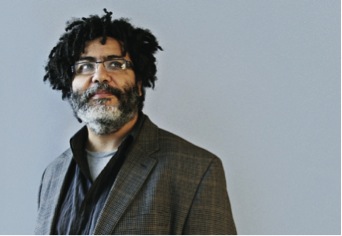
When I’m not learning about systemic inequality, I love to read and write. Creative writing has been an outlet of mine since middle school, and I was excited to learn the ways that poetry might be a political act.
The Seattle University course is taught by Maged Zaher, a Seattle poet originally from Egypt. In 2013, he received the Genius Award for Literature from The Stranger. I had received a book of his poetry as a gift from a friend, and connecting with his words made me even more eager to take the course.
The first work we explored was Sarajevo Blues, a collection of poems written by Semezdin Mehmedinović during the Siege of Sarajevo from 1992 to 1996. Sarajevo Blues taught me something new about poetry: Our human suffering, and the ways that we express ourselves in order to survive it, can be a way to teach others and to enter into political conversations.
Sharing our stories and perspectives with one another puts our individual experiences on the public stage, and it is on this public stage that politics take place. Ultimately, politics is where the relationship between our private thoughts, values, and grievances takes shape in a public forum. Telling our own stories and listening to the stories of others bridges the gaps that are between us. Stories allow us to attempt to understand the lived experiences of those different from ourselves; more than that, they allow us to see our commonalities with one another.
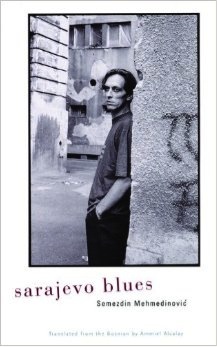
The ability to shape one’s own narrative is extremely powerful, granting the individual a sense of agency and autonomy separate from what might be an “othered identity.” Storytelling allows us to insert our individual experiences into the public imagination, increasing our ability to discuss, change, and contest our societally shared values.
For marginalized groups, the leveraging capability of storytelling cannot be underestimated, nor can the institutions that allow such storytelling to take place. Organizations like The Moth seek to spread the power of storytelling through workshops, StorySLAMs, and showcases.
Forging Bridges Out of Stories
I thought about this at the Showcase with The Moth on April 28. As I watched nine courageous, compassionate storytellers share their lives with a standing-room audience, I was struck powerfully by how deeply political each and every story was.
As the audience created thunderous applause at the end of each story, it truly felt that change was happening, that the individuals present were being empowered by the stories of homelessness on the stage. While I cannot speak for the storytellers, I believe that they were empowered by the strength of their own stories as well.
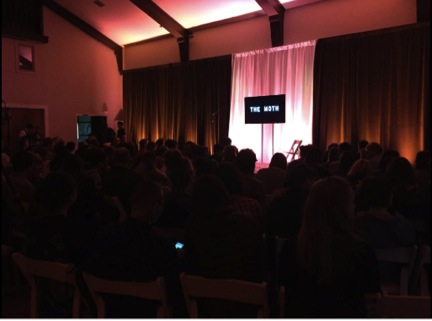
Robin told her story as a formerly homeless mother and how it felt to watch her son enter her apartment and finally make himself at home. Kelley showed us how important it is to meet people where they are, and the importance of providing help for people when they are ready to accept it. Katie’s was a story of two young sisters surviving year-by-year. Jason shared with us the bond and love between father and son, as well as the universal experience in which a child realizes that their parent feels fear just like the rest of us. Launa taught us the ways that we all speak our own language, and how important it is to listen even to the languages which you may not understand. Gretchen opened up a world of vulnerability and what it means to ask for help, while Fritzina taught us the healing power of love. Tim taught us about forgiveness, and Liz about grieving the things that we lose.
By creating a space in which stories of homelessness are expressed by those who have experienced it, the event opened up the possibility for audiences to find a personal stake in the issue, and to share those stories with others in their own lives. Home: Lost and Found provided the perfect environment in which to build a bridge between all of us.
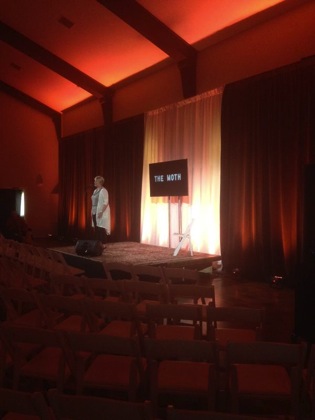
After all, the key to advocacy is understanding. To be a successful advocate, one must understand the systems at play as well as the complex and intricate ways that people are affected by those systems. The complicated socioeconomic and racial histories that we share contribute to systemic issues that we see today, such as the school-to-prison pipeline, inequalities in our education system, and certainly in disparate access to affordable housing.
Each and every story shared by the storytellers was one of unadulterated humanity. I walked out of the doors of the Fremont Abbey feeling utterly and distinctly human, but I felt more than that.
I felt that I had taken part in something powerful. I felt empowered to make change. I felt empowered to tell stories of my own, and to seek out the stories of others.
Our narratives and our stories have the power to reshape the narratives of the places in which we live, and it is through the sharing of stories regarding family homelessness that I believe we can empower ourselves and others to create enduring change.
What We Can Do:
- The “Finding Our Way” StoryCorps project invited people who have experienced homelessness to tell their story through their own words in a conversation with a friend or loved one. Here on Firesteel, check out a collection of short audio stories that can be filtered by subject matter.
- There are many documentary films that follow the stories of those experiencing homelessness. Check out the film about social media activist Mark Horvath, “@home”; the HBO film “American Winter”; and the Academy Award-winning “Inocente.” Browse Netflix and other streaming sites for many more.
- Attend a StorySLAM with The Moth, hosted at the Fremont Abbey and St. Mark’s Cathedral twice per month, where you can listen to the stories of people in your community and take the opportunity to tell your own story. Check out the Seattle schedule for details.
- There are many incredible storytelling podcasts available for free download. Check out the StoryCorps podcast and The Moth Radio Hour.
- Listen to seven new StoryCorps stories from “Finding Our Way” that are airing on KUOW, Puget Sound Public Radio, through July 7; watch our project Facebook page for details.
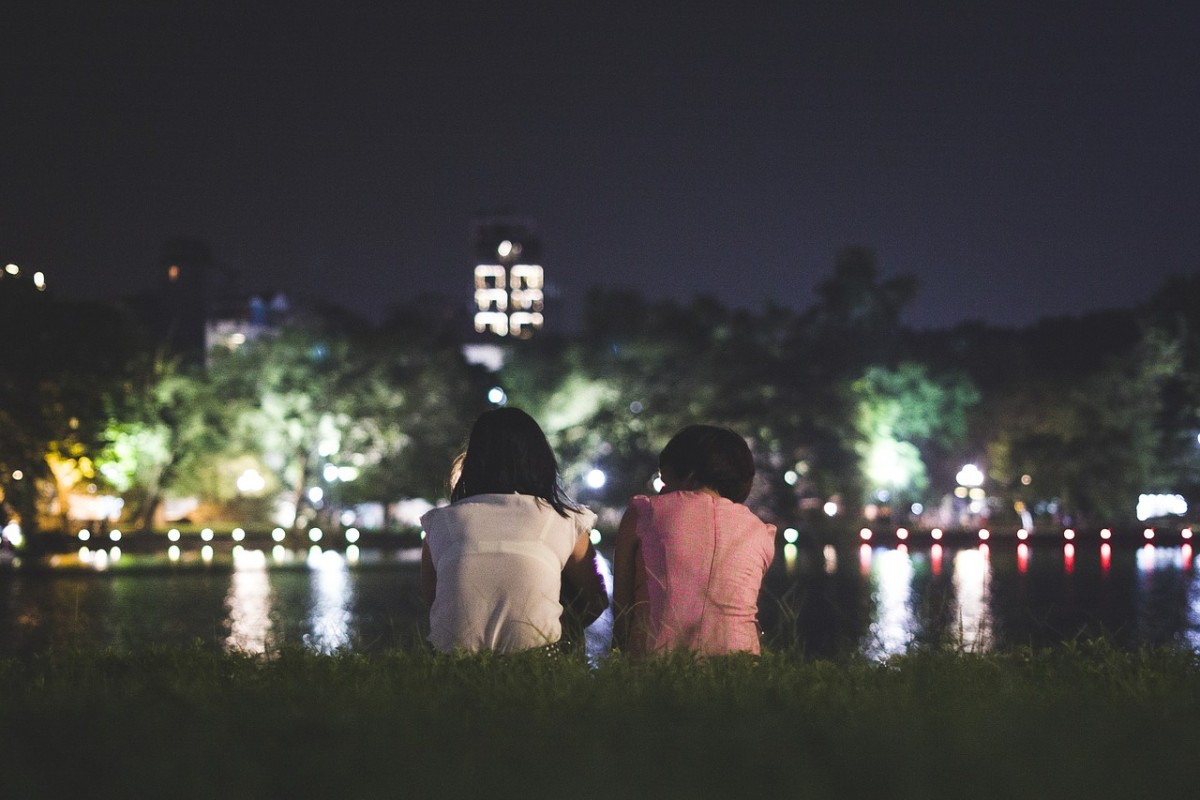
Pingback: Social Media Advocacy: Whose Story Is It Anyway? | Faith & Family Homelessness Project()